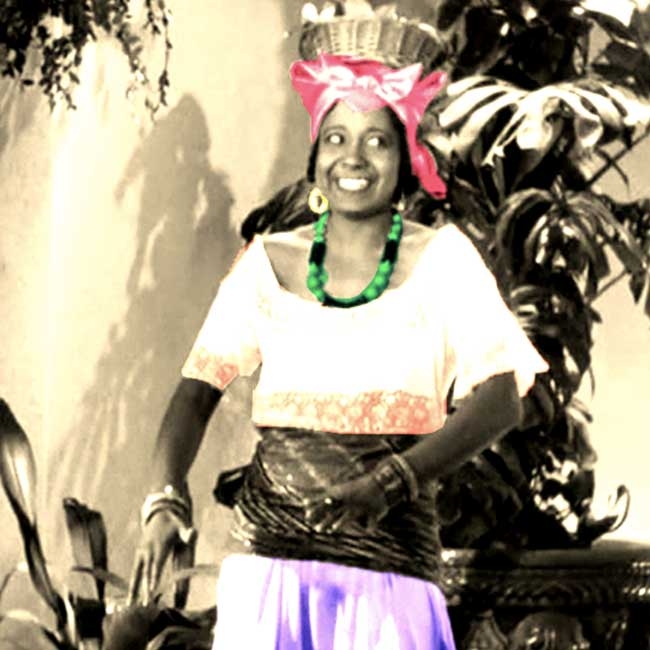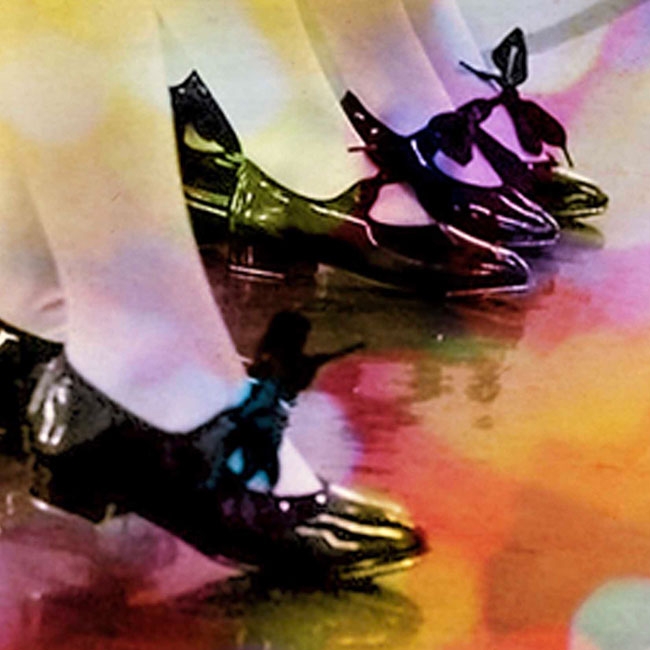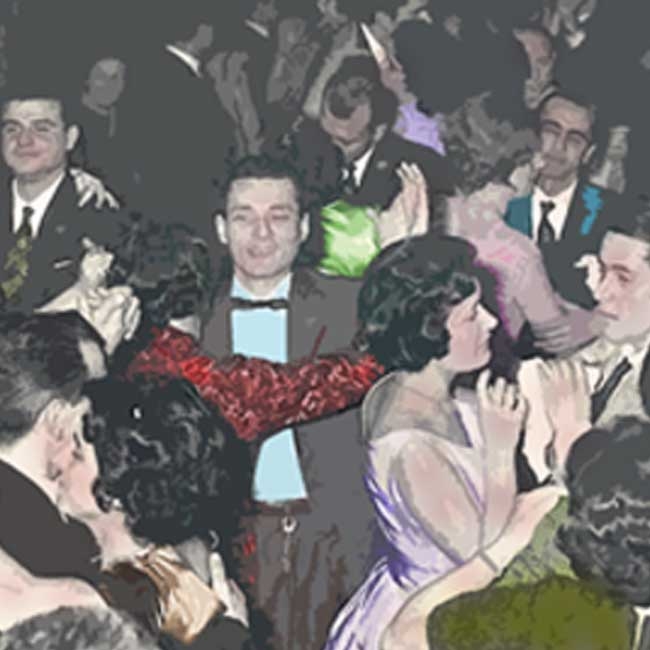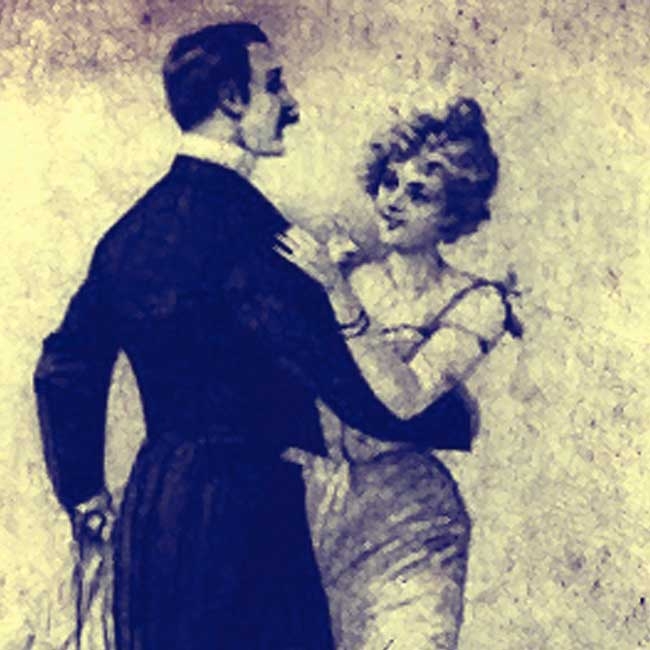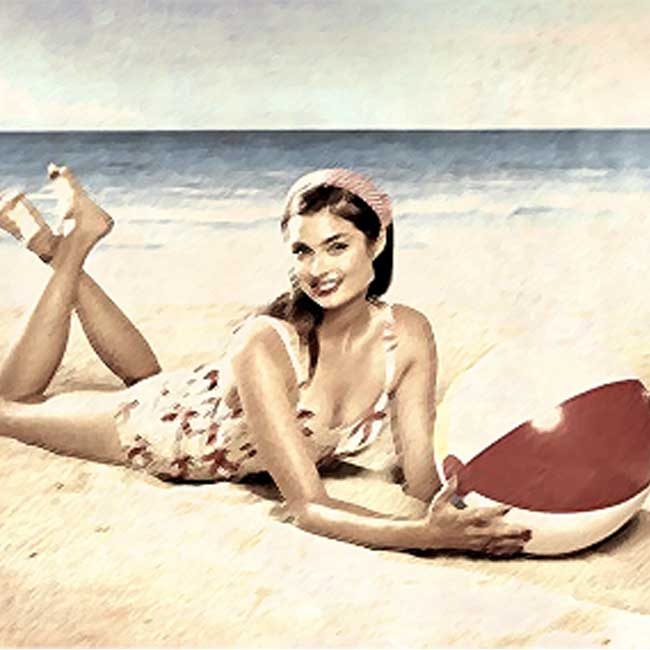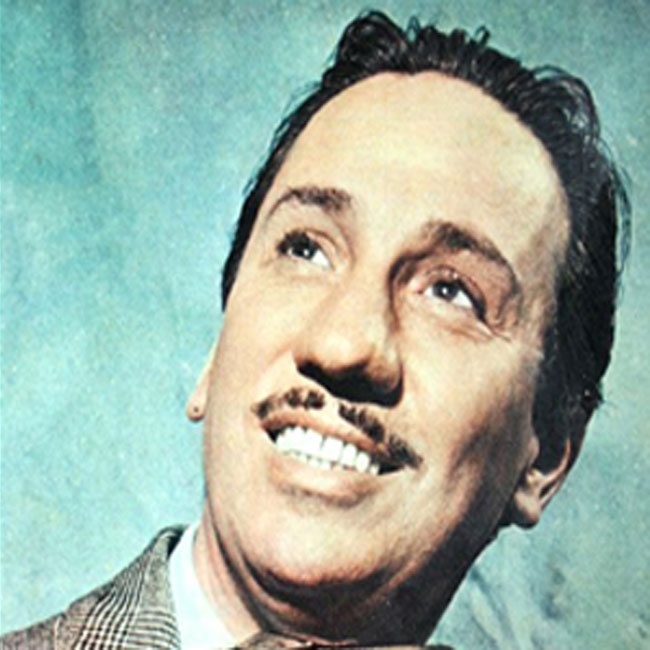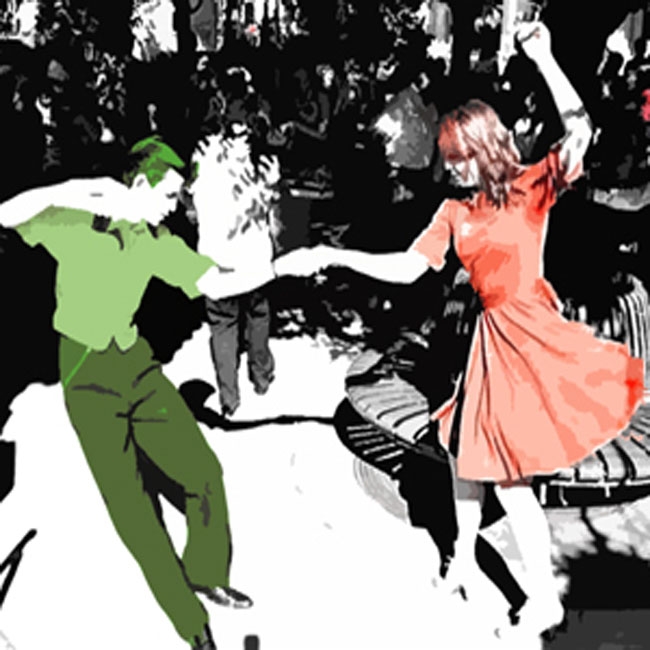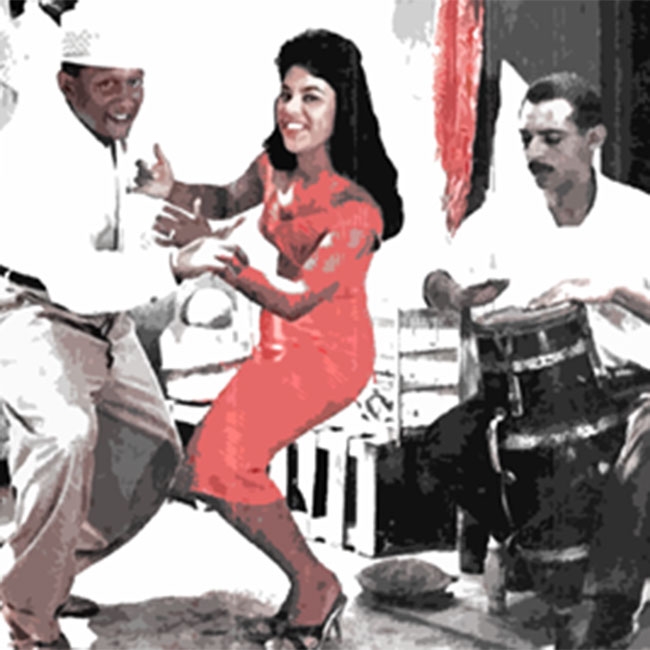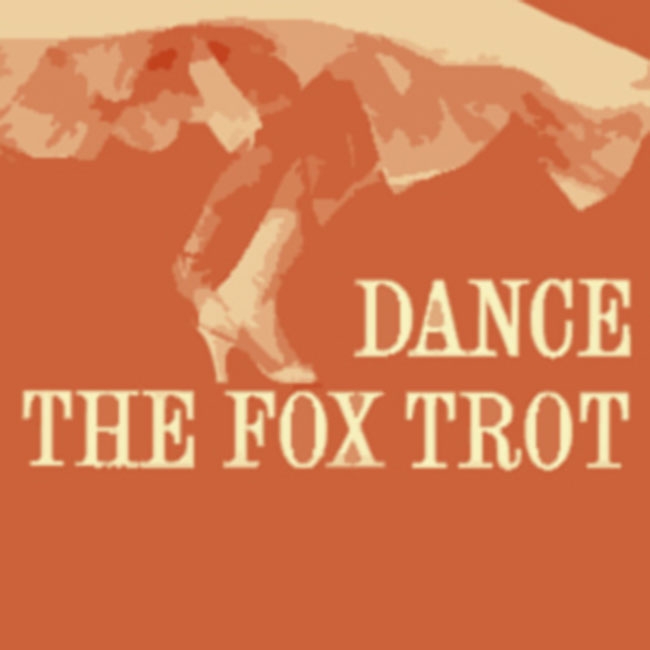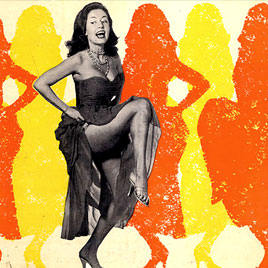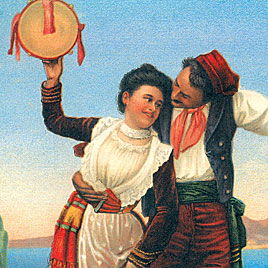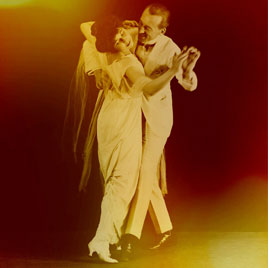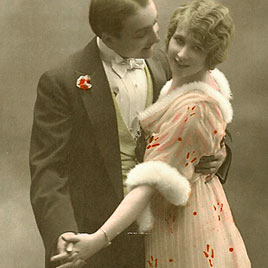BALLROOM MUSIC
Immediately after the war, Italy rediscovered the desire to dance. Ballrooms popped up everywhere in a country deeply involved in reconstruction while gramophone players played their part in spreading mostly American dances imported by soldiers during the war of liberation, first among them the boogie-woogie. The mid-1950s saw the birth of the rock 'n' roll craze, which carried with it the first emblems of a youth culture with a global reach, expressing itself in exclusive venues where dancing was to the tune of records played by disc-jockeys. In the early 1960s there was a true explosion of dance styles, some ephemeral, others more enduring like the twist or the Hully Gully, which still have a place in ballroom orchestras’ repertoires today. Dances for couples gave way to dance moves without physical contact as elaborate choreographies involving the entire dance floor were replaced by the “free style” of the shake, a dance without rules that could be adapted to any rhythmic music (from beat to rhythm & blues). A reflection of the times, in the late nineteen-sixties the shake was a dance that made couples obsolete by launching an individualist style: alone, in a circle, in front of a mirror. In the mid-1970s, black and Latin dances and disco music became fashionable – after years during which youth had given up dancing, privileging listening to music at festivals and rock concerts – triggering a huge dance revival encouraged by a production exclusively targeted to discos. In the 1980s, the trend continued, favoured by the spread of international pop (new wave, synth pop, new romance, and other sub-genres) which rapidly gained popularity in Italy making both the national songbook and the dance music repertoire more sophisticated. Finally, this particular trend paved the way to rap music which also brought to Italy dance styles such as break dance or freestyle, born in the streets and in the underground venues of the American metropolises.

